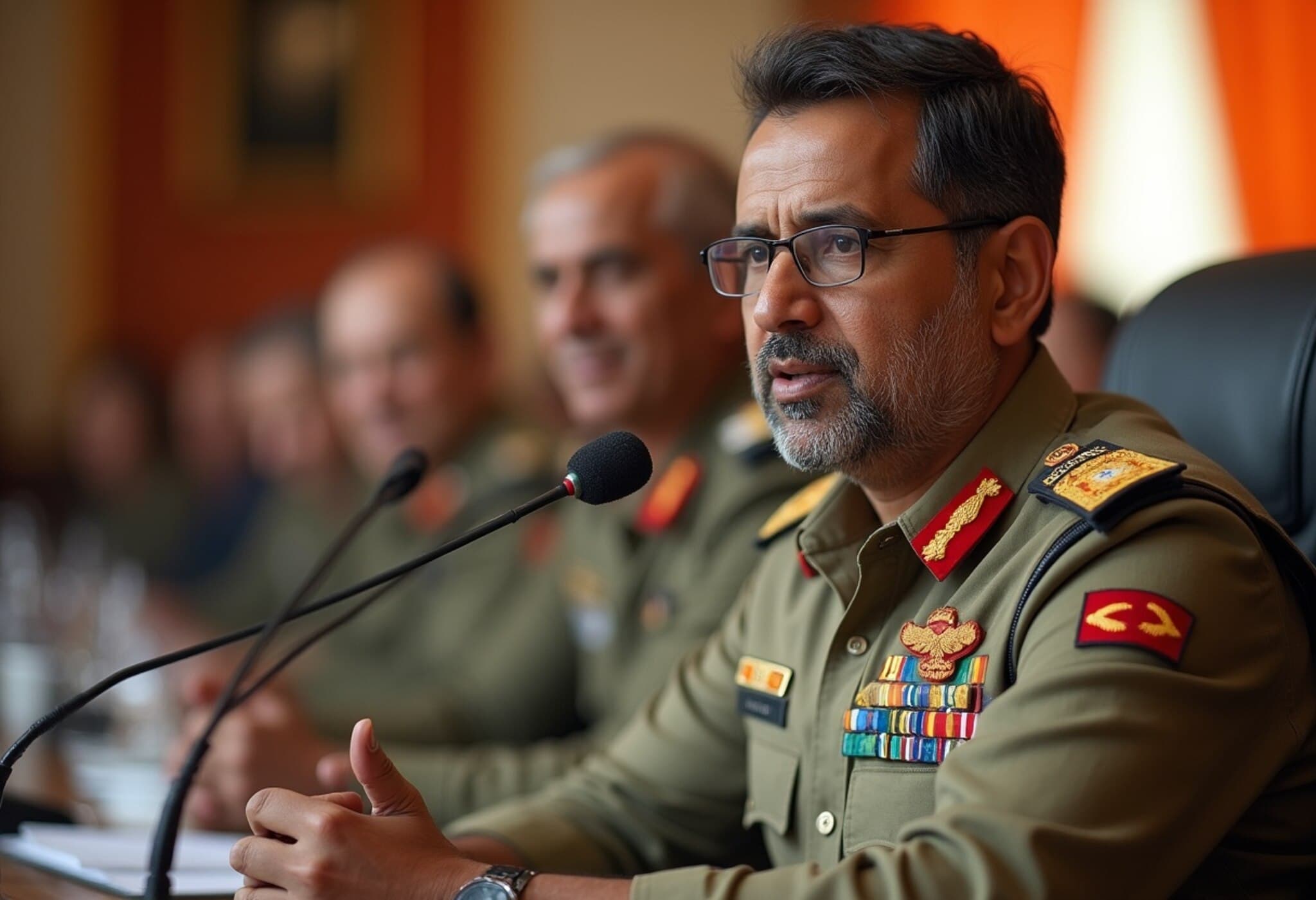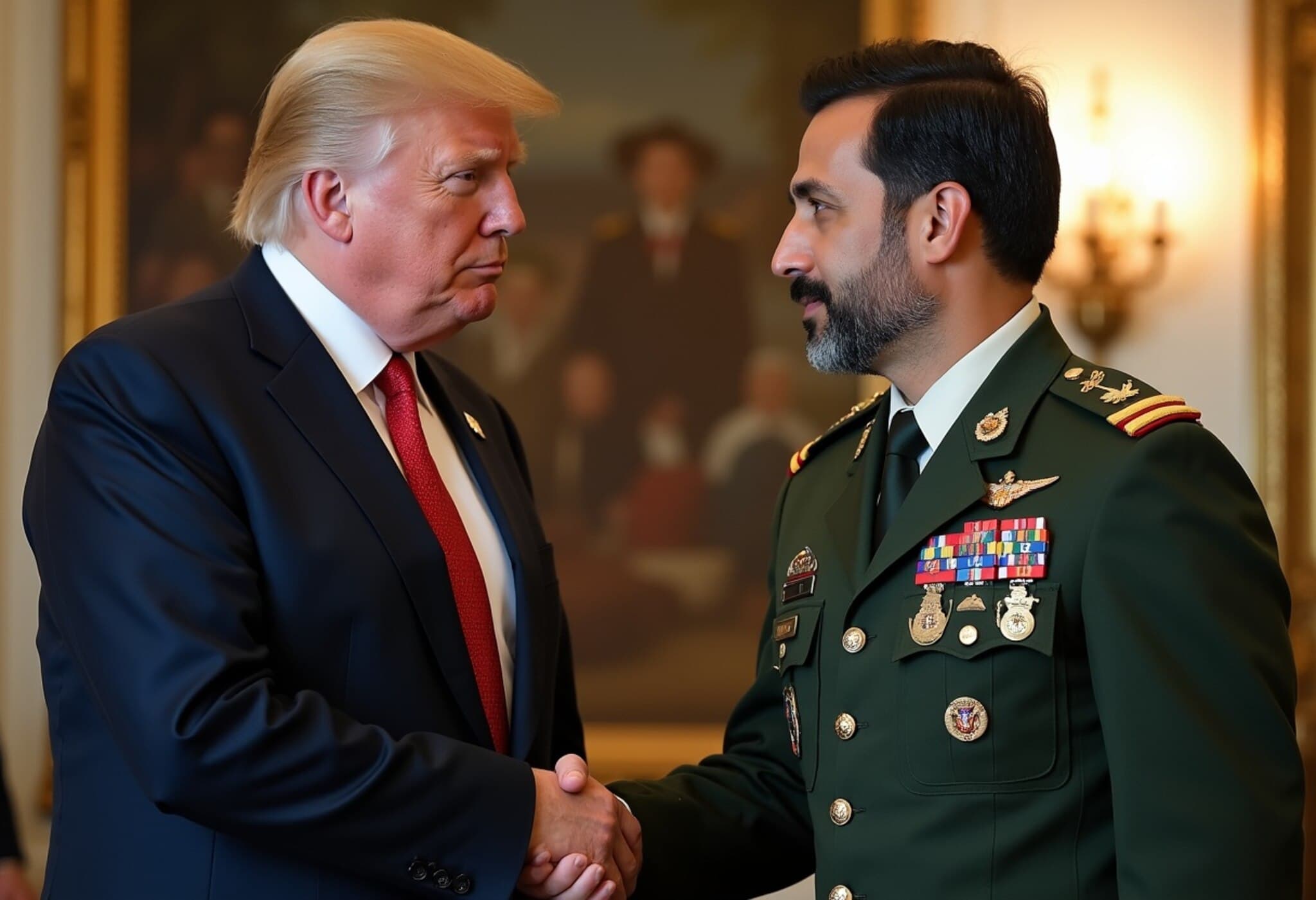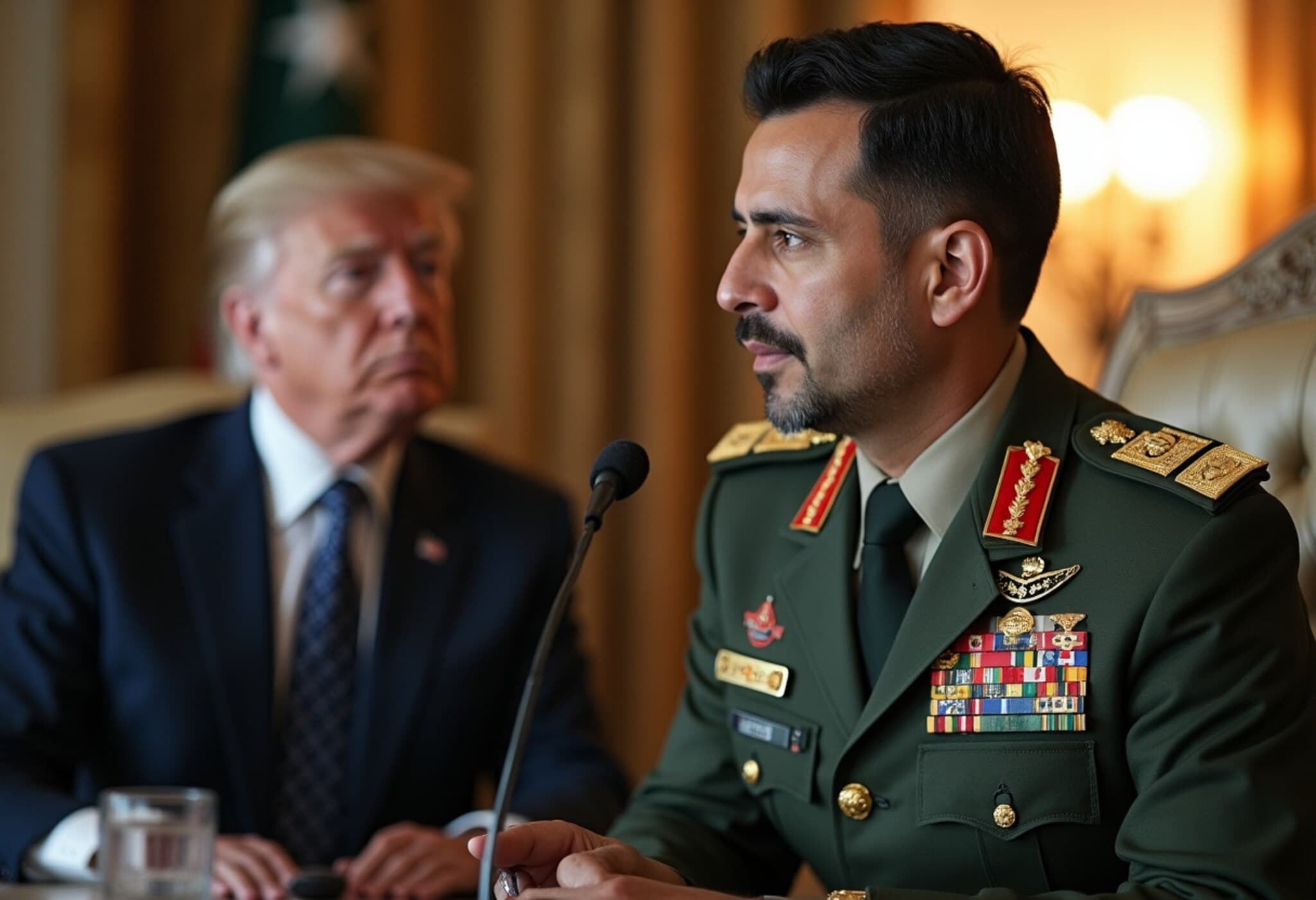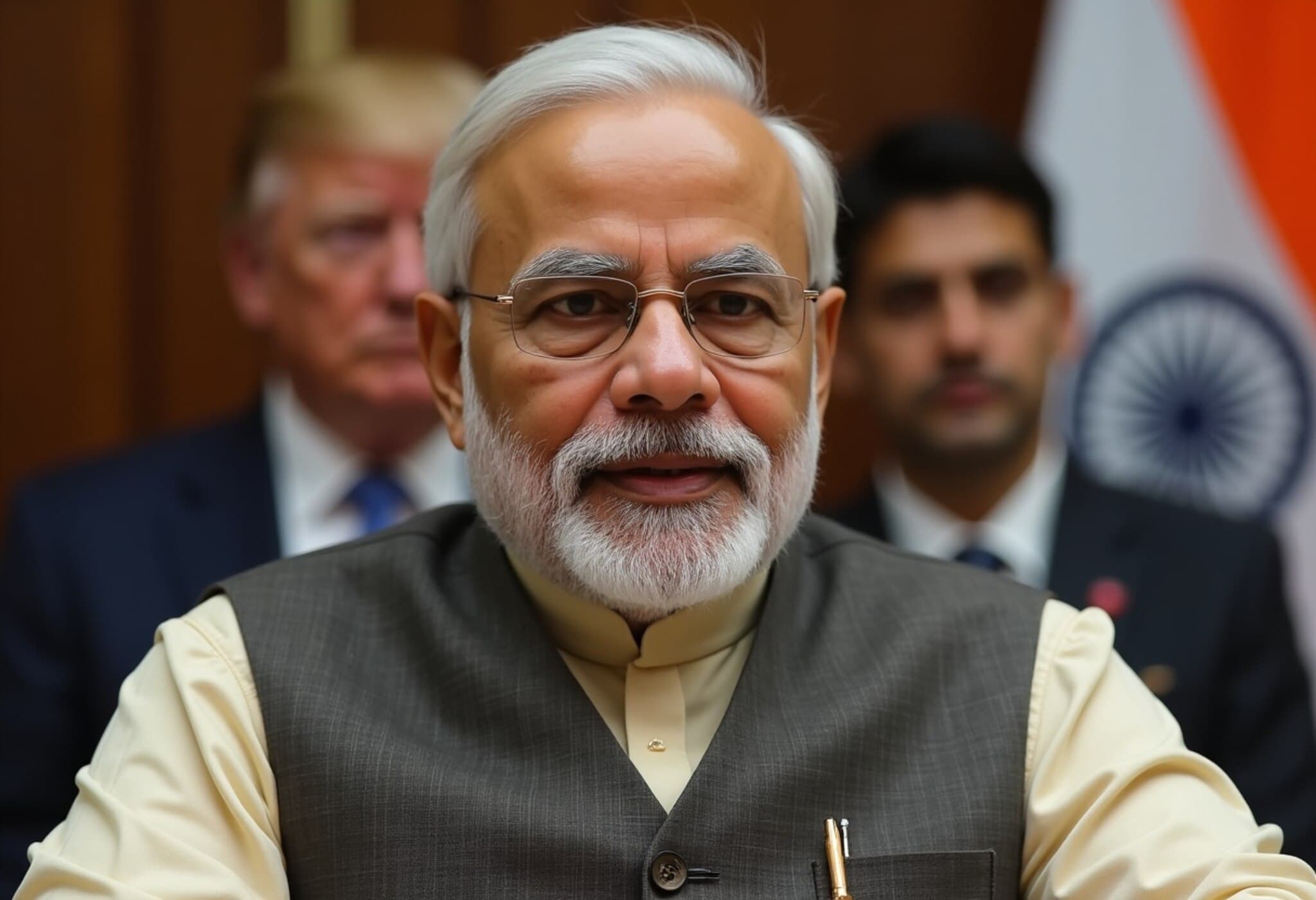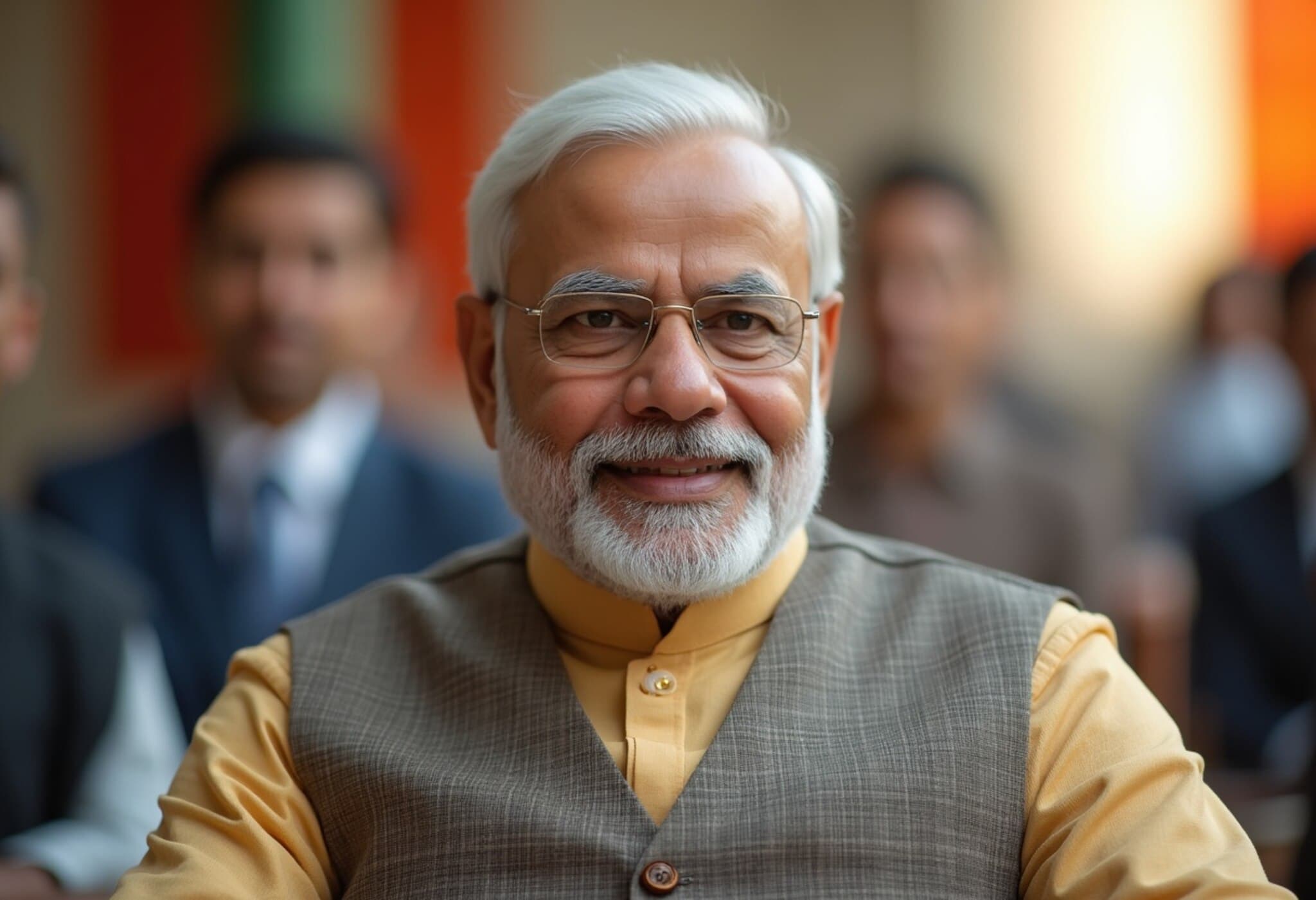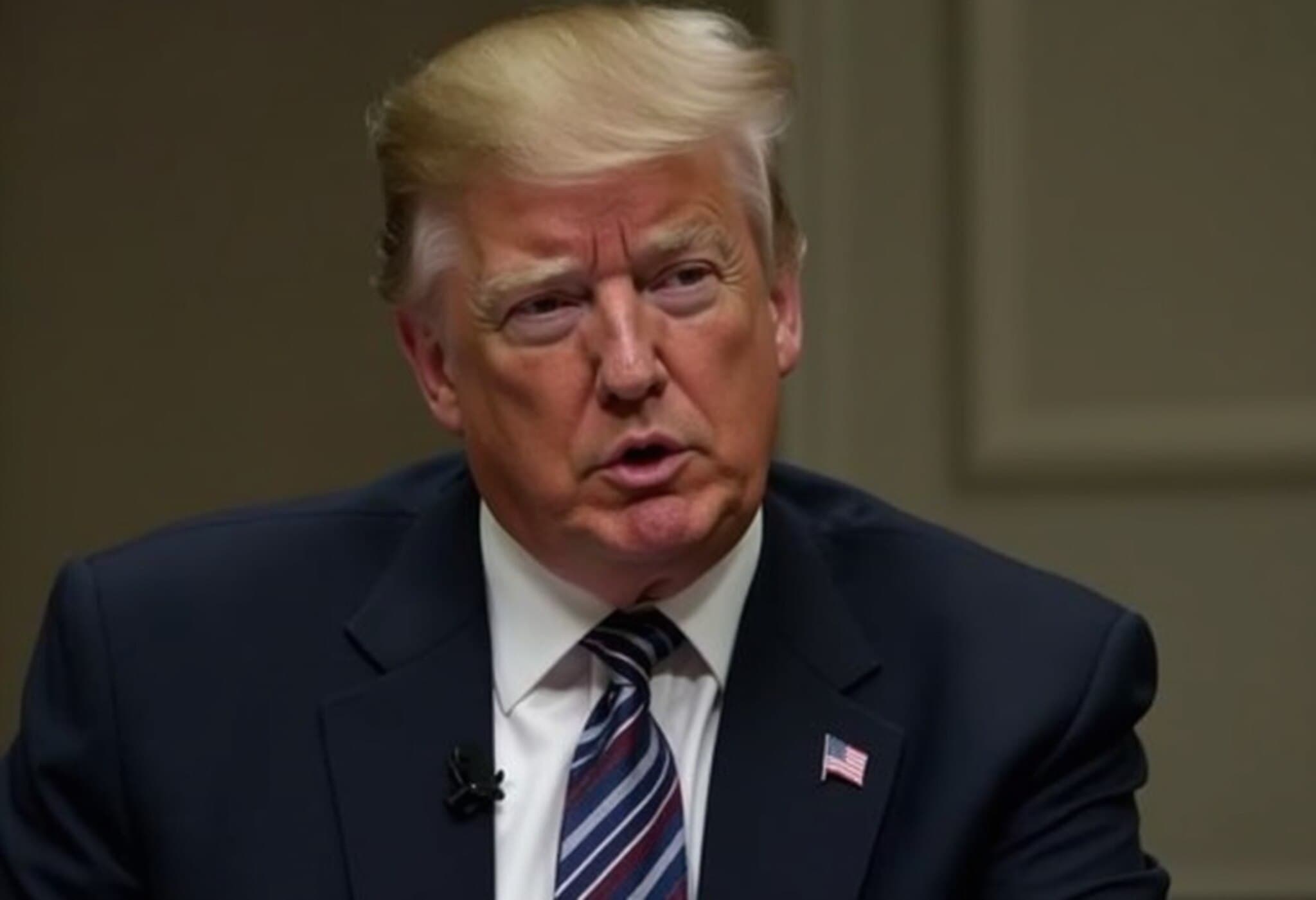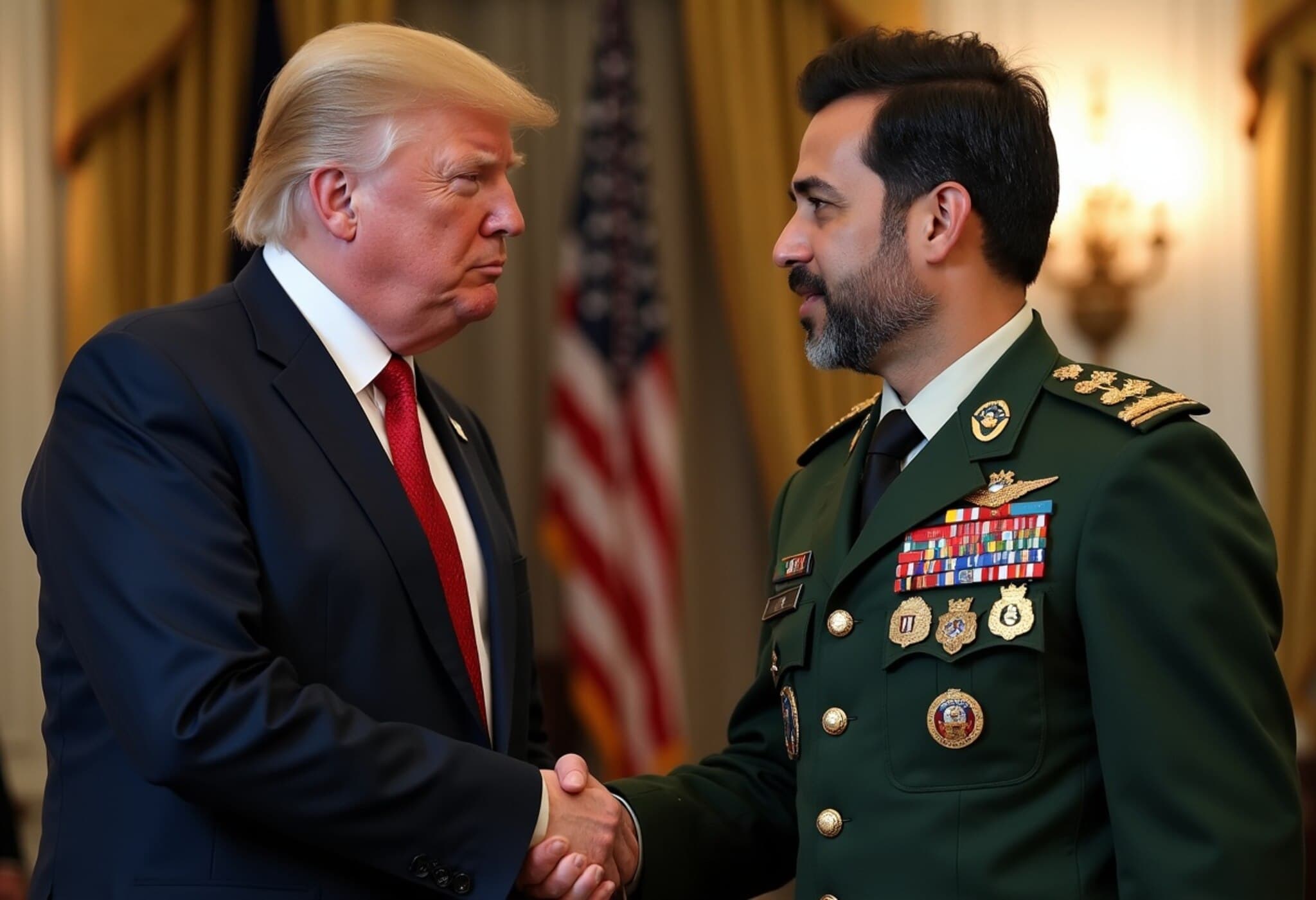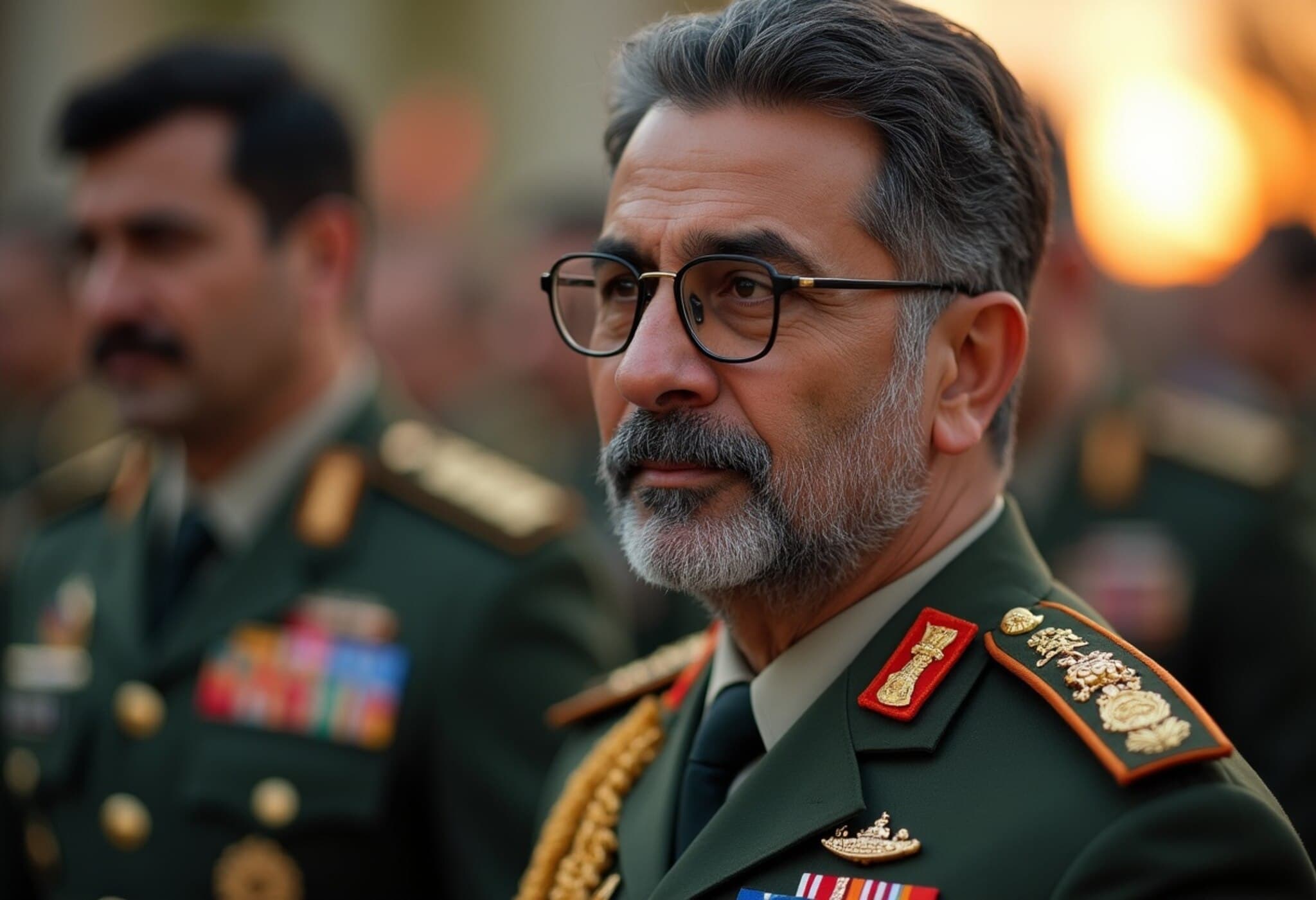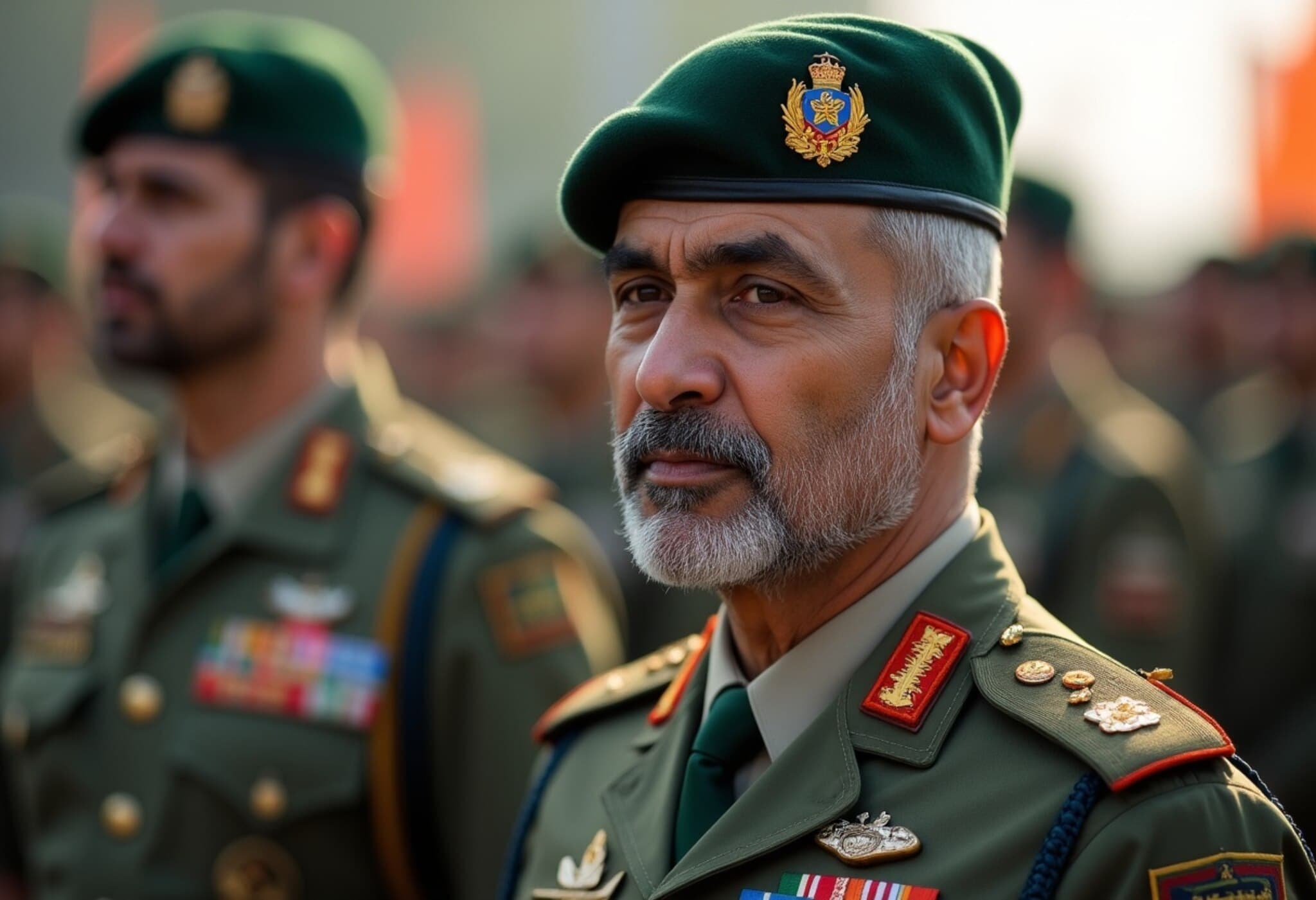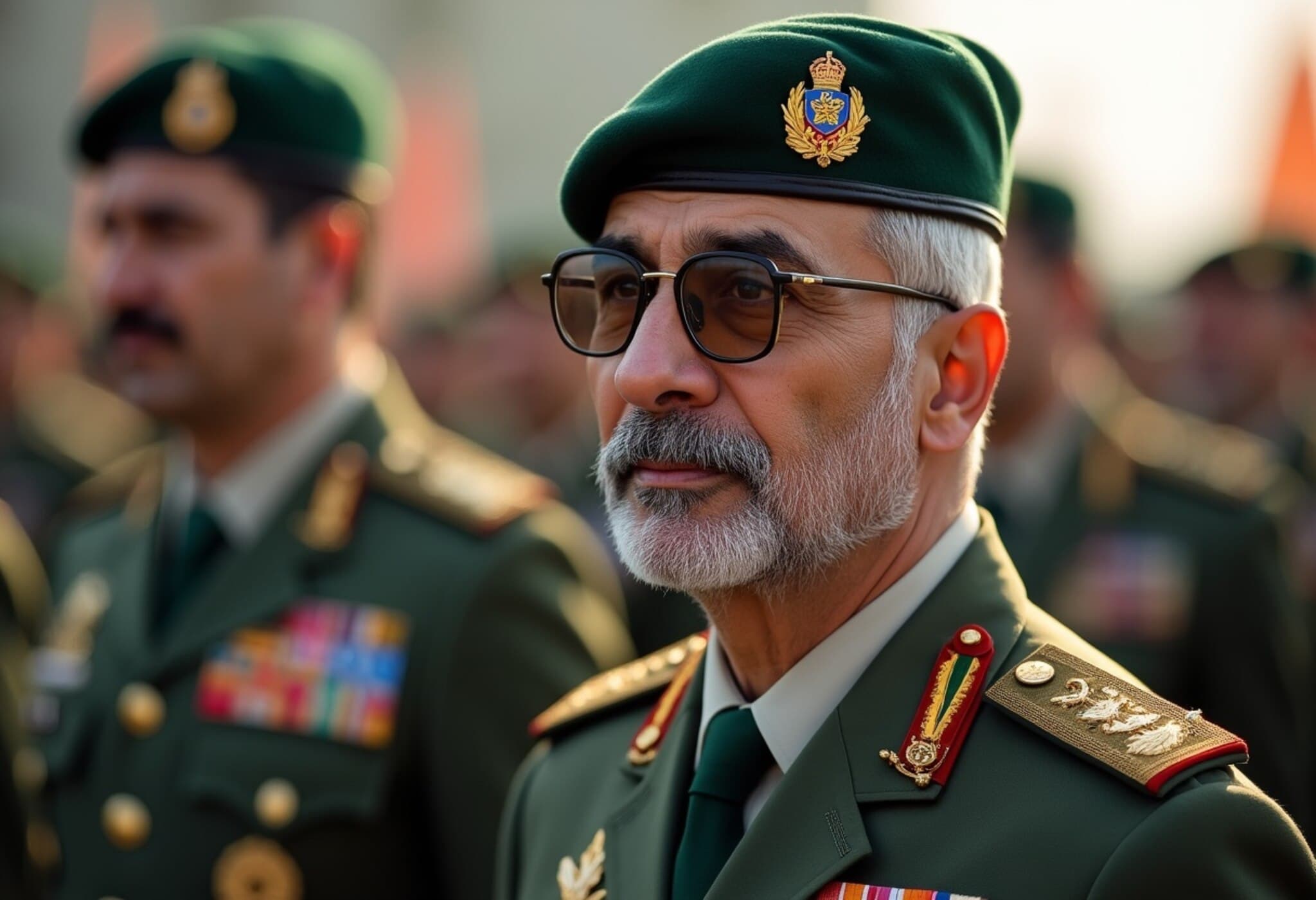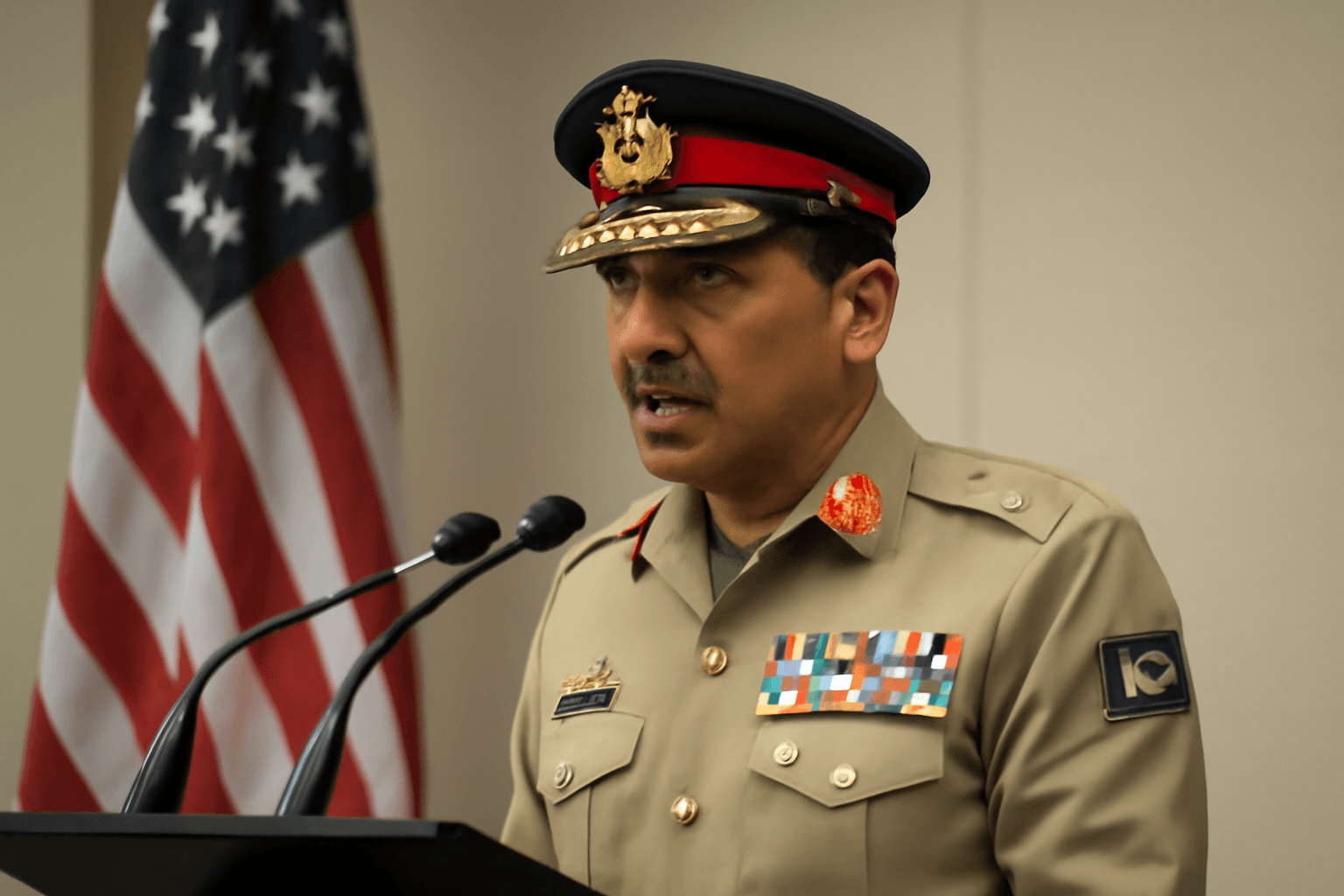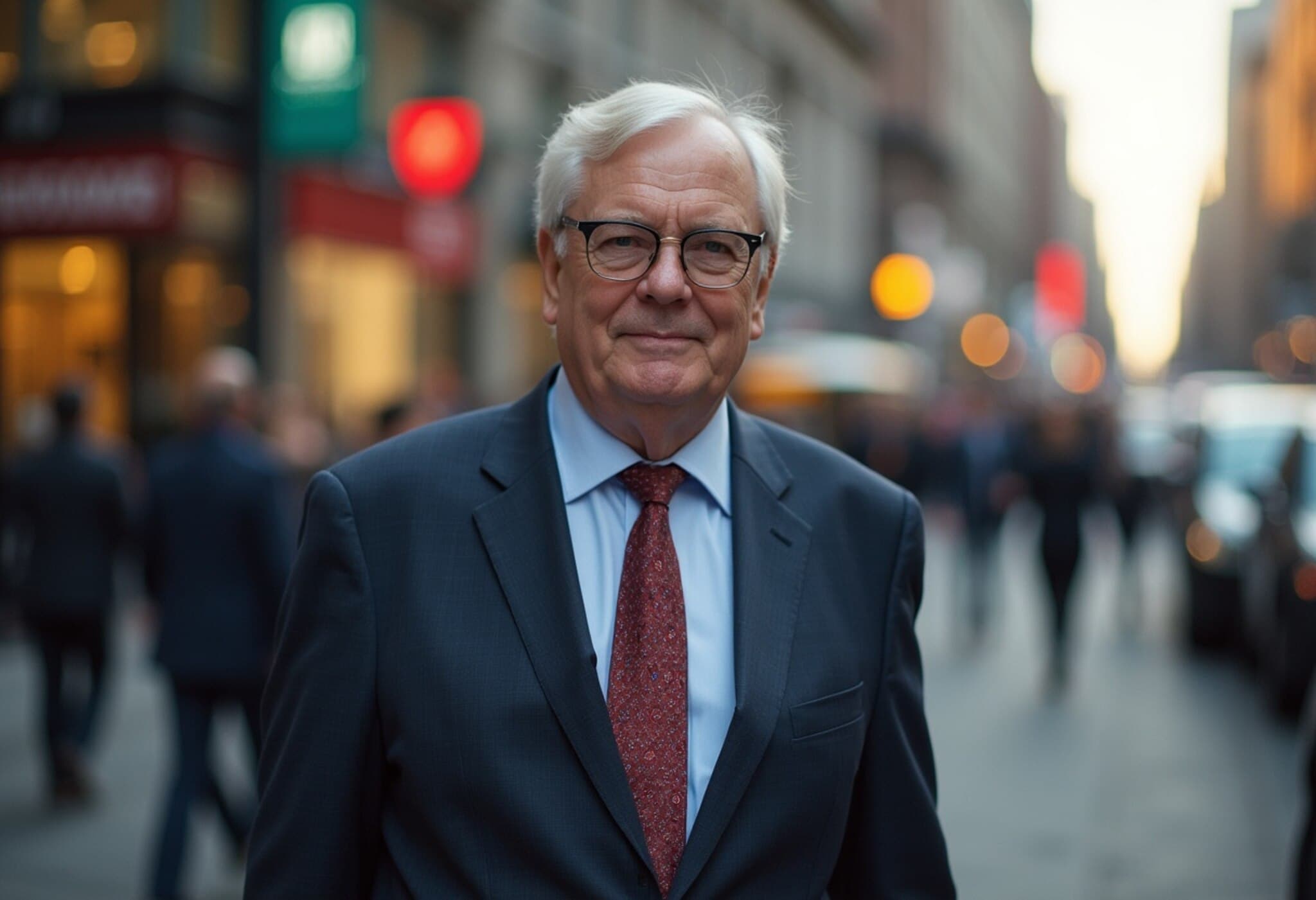Pakistan's Military Chief Visits Washington Amid Renewed Diplomatic Engagement
Pakistan's de facto military leader, General Asim Munir, is set to arrive in Washington, D.C., to participate in the US Army's 250th anniversary military parade. This visit marks a notable moment in the effort to restore Pakistan's relationship with the United States, which has seen fluctuations over the past decade and a half.
Community Protests Signal Domestic Tensions
Meanwhile, Pakistani expatriates in the US, particularly supporters of former Prime Minister Imran Khan, have announced protests against Munir's regime. They accuse the military leadership of perpetuating severe human rights violations and demand a return to constitutional rule along with an end to martial law. The demonstrations are scheduled to take place in Washington on June 14.
Renewed US-Pakistan Relations: A Complex Picture
General Munir’s visit is hosted by CENTCOM Commander General Michael Kurilla, who recently praised Pakistan as a “phenomenal partner” in counter-terrorism operations during a congressional hearing. This public endorsement signals a thawing and revitalization of ties between Washington and Islamabad after years of stagnation.
However, tensions linger beneath the surface, particularly due to recent terror activities in the US and India that officials link to Pakistan’s military strategies under Munir. In India, heightened attacks in Kashmir—including the tragic incident in Pahalgam—are partially attributed to Islamabad’s hardline policies aimed at maintaining military influence in domestic and regional affairs.
From Ally to Estranged Partner and Back
Once hailed as a frontline ally and a major non-NATO partner, Pakistan’s relationship with the US cooled considerably after the Bush administration’s initial cooperation against Al Qaeda and ISIS. Subsequent administrations—Obama, Trump (first term), and Biden—largely sidelined Pakistan in favor of stronger strategic ties with India, underscored by agreements like the civilian nuclear deal and balancing power in Asia against China.
Strategic Overtures Amid Lobbying Efforts
In recent months, Pakistan has actively sought to regain Washington’s favor. The country’s establishment engaged with former President Trump’s associates, leveraging potential investment opportunities in sectors such as mineral exploration and cryptocurrency as incentives.
Among these intermediaries is Gentry Beach, a Texas-based businessman and longtime associate of Donald Trump Jr. Beach led investment delegations to Pakistan shortly after President Trump’s second inauguration, signing agreements in mining and energy sectors that underscore Pakistan’s economic potential. He has publicly championed Pakistan as a key player on the frontline in counterterrorism efforts, messaging that aligns closely with Islamabad's diplomatic narrative.
A Shift in US Political Tone
This lobbying contributed to a perceptible softening in US rhetoric. Whereas President Trump had sharply criticized Pakistan during his first term—highlighting billions of dollars in aid with little reciprocation and accusing Pakistan of harboring terrorists—his tone has since moderated. In June, he noted, “Pakistan has very strong leadership. Some people won’t like when I say that, but it is what it is.”
Looking Ahead: Fragile Renewals and Persistent Challenges
Pakistan’s drive to secure a place back in Washington’s strategic calculations is underway, yet it faces significant opposition at home and scrutiny abroad. The evolving US-Pakistan relationship remains a delicate dance involving geopolitical interests, domestic politics, and regional security concerns.
General Munir’s visit encapsulates this complexity—signifying both opportunity and controversy as Pakistan navigates its role in a shifting global landscape.


